A firestorm of criticism erupted across the country on Thursday following confirmation by President William Ruto that construction of a KSh1.2 billion mega-church is underway within the grounds of State House, Nairobi. The president insists the project is being entirely financed with his personal funds, not public money—a claim that has done little to quell the growing public outrage.
Speaking during a meeting with religious and political leaders from Embu County, President Ruto stated that the decision to build the new place of worship stemmed from his dissatisfaction with the existing makeshift structure he found on taking office. He described the original facility as “a mabati church,” unfit for the presidency and undeserving of the stature of the nation’s highest office.
“I made a personal choice to construct a church inside State House,” Ruto declared. “I am using my own money. Not a single cent is from the government.”
Scale of Project Sparks National Outcry
The president’s justification has been met with widespread skepticism and condemnation, particularly due to the project’s lavish scale. According to reports, the structure will accommodate thousands of worshippers and include state-of-the-art architectural designs, including custom stained-glass windows, LED lighting, a worship dome, and interior chapels positioned near the presidential helipad.
The revelation has ignited fierce criticism from civil society groups, opposition leaders, legal experts, and ordinary Kenyans. Many argue the move violates the principle of religious neutrality and raises critical questions about governance, accountability, and misplaced priorities amid widespread economic hardship.
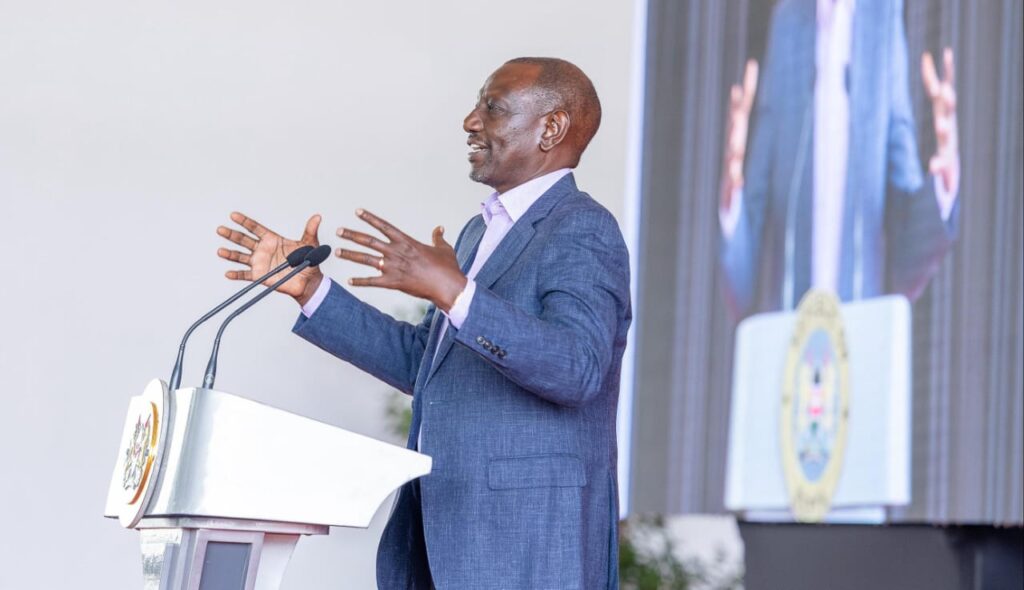
Legal and Ethical Concerns Mount
Constitutional lawyers have warned that the construction could breach Article 8 of the Kenyan Constitution, which explicitly prohibits the state from establishing or promoting any religion. The placement of a massive Christian cathedral within the official residence of the president has intensified concerns about the erosion of secular governance.
“Even if the funds are private, the symbolism of erecting a denominational structure at State House sends a deeply problematic message,” said constitutional lawyer Kibe Mungai. “It undermines the principle of inclusivity in a religiously diverse nation.”
Meanwhile, opposition figures have called for a formal audit of the project, questioning whether any state resources—direct or indirect—are being diverted to support the undertaking.
Critics Slam “Tone-Deaf” Prioritization
Political and public reactions have been swift and scathing. Several MPs have slammed the president for prioritizing religious infrastructure while Kenyans continue to suffer under economic pressure, rising unemployment, underfunded hospitals, and a failing education system.
“We’re told there’s no money for school infrastructure or medical supplies,” said one legislator. “Yet billions are available for a private church within State House? This is an insult to the suffering Kenyan.”
Online, social media was flooded with outrage, with many Kenyans accusing the president of being out of touch with the everyday struggles of citizens. Hashtags questioning the government’s spending priorities quickly began trending nationwide.
Religious-Political Strategy?
Analysts suggest the church construction could be part of a broader political strategy aimed at solidifying Ruto’s image as a devout Christian leader—a profile he has consistently embraced since his campaign days. However, critics warn that this could dangerously blur the lines between religion and governance.
“Faith should be personal, not institutionalized within the halls of power,” said one political analyst. “The moment State House becomes a religious sanctuary, it risks excluding large segments of the population.”
Transparency Demands Escalate
Despite the president’s assertion that the project is personally funded, Kenyans continue to demand full disclosure on the financing process. Concerns remain over whether government security, construction staff, or logistical support are being quietly channeled into the project under the radar.
Civil society organizations have already signaled intentions to pursue legal action to halt the construction, demanding that the Ethics and Anti-Corruption Commission (EACC) investigate whether public resources are being utilized directly or indirectly.
What This Means for Kenya’s Future
This development marks a critical moment in Kenya’s political landscape—one that could influence future discourse on state neutrality, fiscal responsibility, and presidential privilege. As the project proceeds under heightened scrutiny, the question remains: can the head of state pursue personal convictions without compromising public trust?
For now, all eyes remain fixed on State House as the foundations of its most controversial structure yet rise—quietly, defiantly, and without apology.

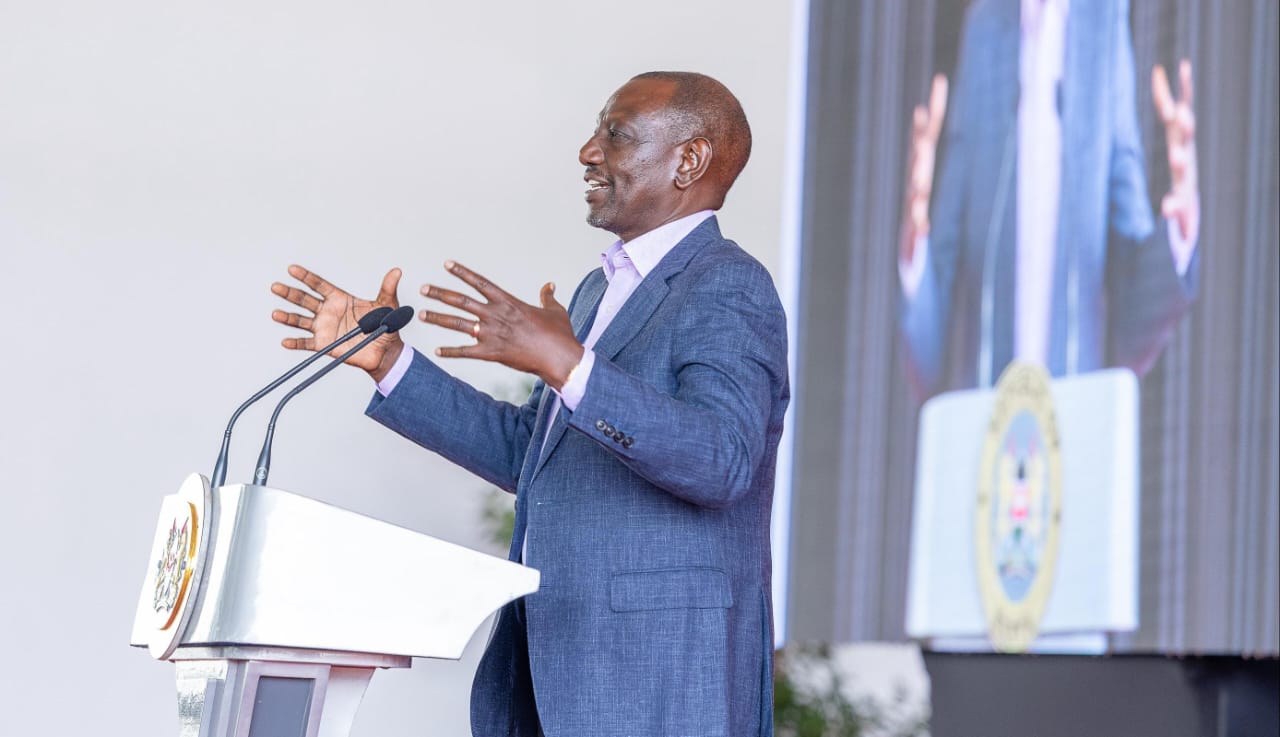
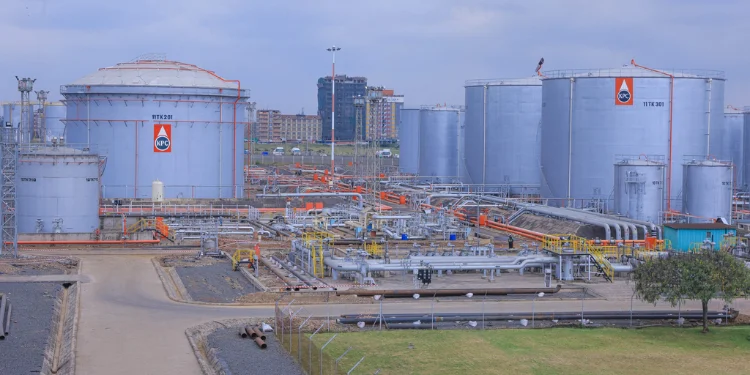

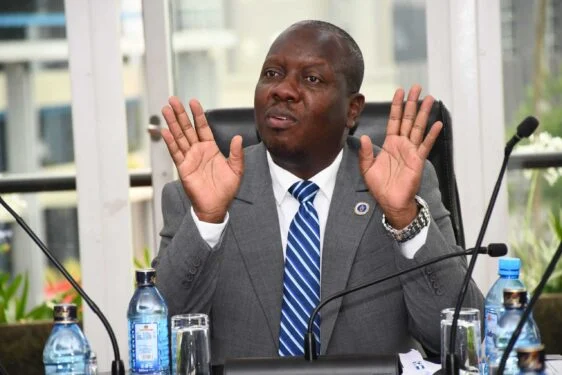


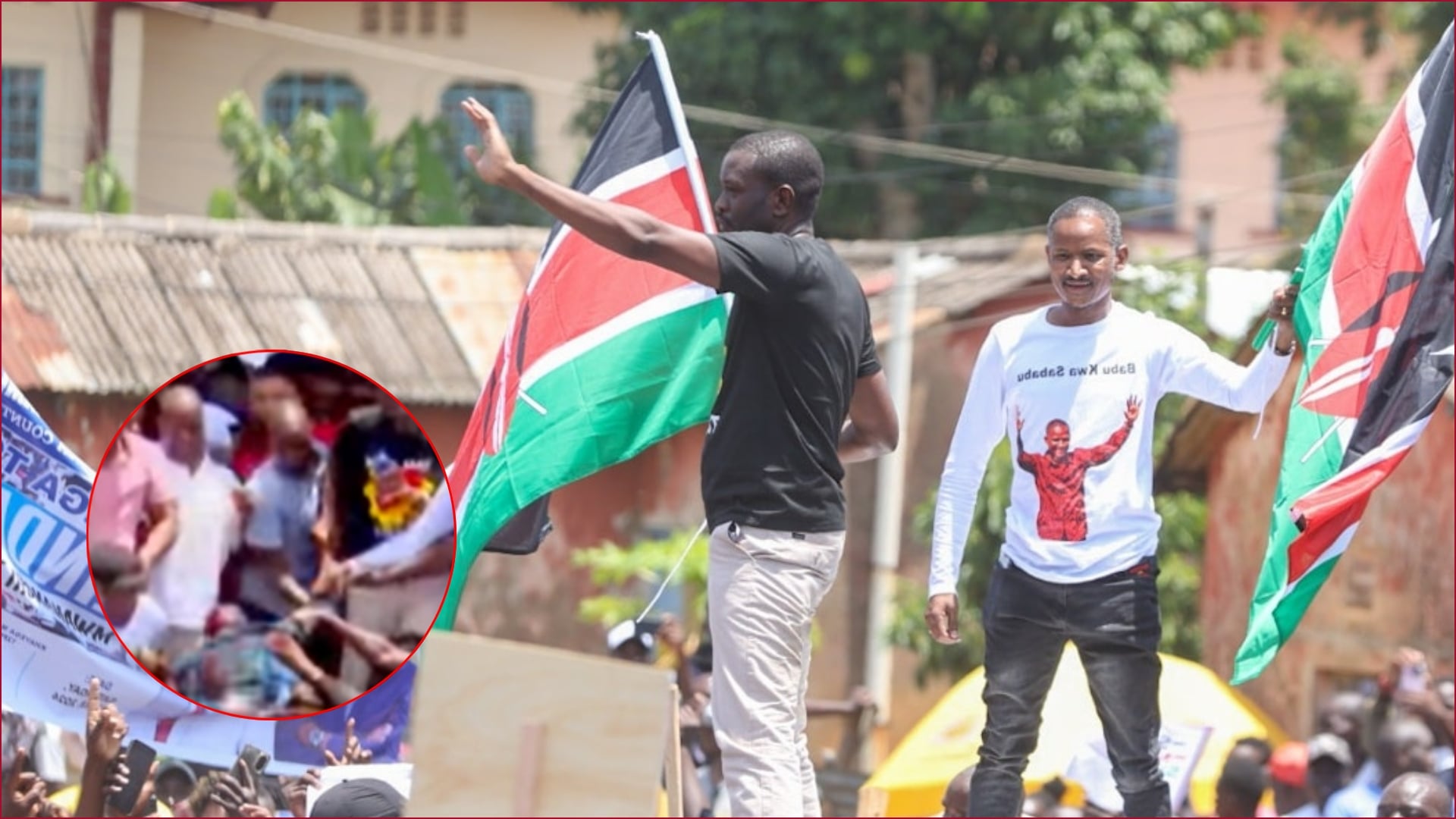

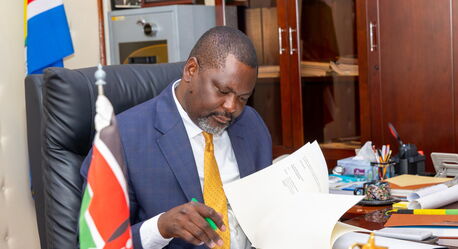
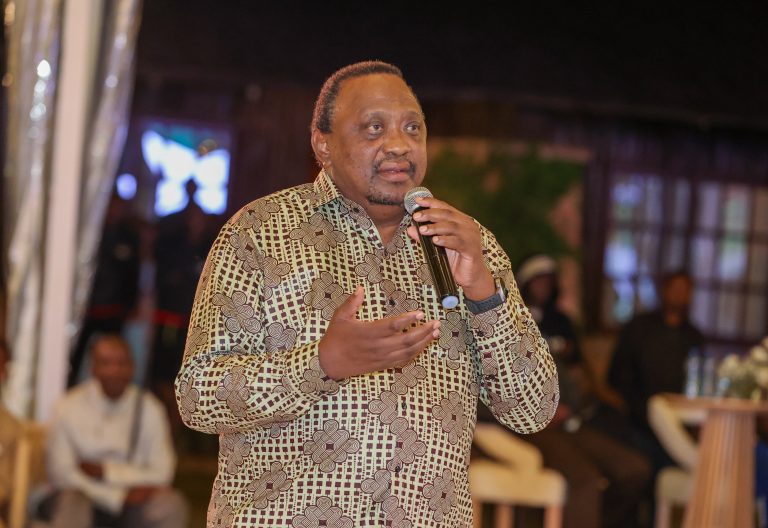
Leave a Reply